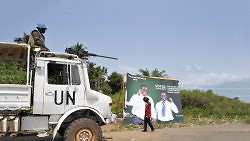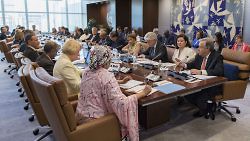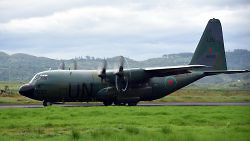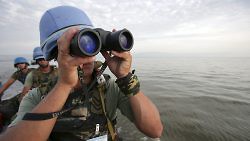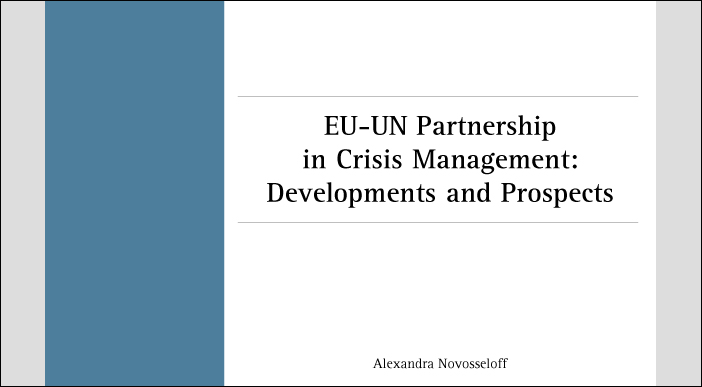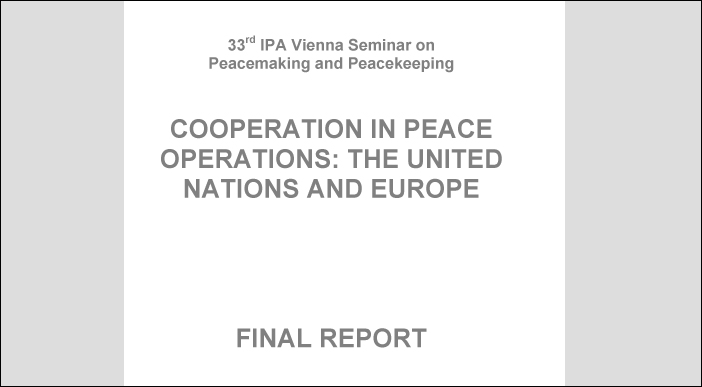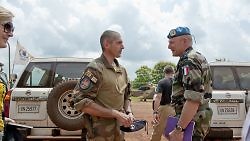
Since the end of the Cold War, the UN Security Council has authorized or recognized the deployment of more than forty parallel forces that operate alongside UN peace operations. As the Security Council has deployed peace operations in increasingly non-permissive environments, the division of labor between UN missions and these parallel forces has blurred, and […]
Read more

